Prime Minister Rules Out Tight Lockdown
ZAGREB, 26 August 2021 - Prime Minister Andrej Plenković said on Thursday that there would be no tight lockdown and called on citizens to show personal responsibility and get vaccinated against COVID-19.
It is crystal clear that Croatia will not opt for a tight lockdown, the PM said after a government meeting.
He said that the government had secured sufficient amounts of vaccines against coronavirus.
"The threat (of the spread of the disease) will be considerably lower, provided that people get vaccinated, comply with basic measures: wearing masks, keeping a social distance, and airing rooms," Plenković said when asked by the press to comment on President Zoran Milanović's statement that the current anti-epidemic rules no longer made sense and that Croatia should follow the example of Sweden in managing the epidemic.
Urging citizens to behave responsibly, Plenković said that no rewards would be given to those who decided to get a jab.
"I firmly believe in common sense, prudence, and benevolence of our people and in them being well informed," Plenković said when asked about the possible imposition of more stringent rules.
"We do not have the luxury of being populists, demagogues, speculators, or provocateurs. We must be responsible and make decisions to the benefit of all," the premier said.
He added that the lifting of restrictions would mean that there would be no more COVID grants to businesses.
For more about politics in Croatia, follow TCN's dedicated page.
Minister Pushes for Higher Vaccination Rate, Says Croatia Can't Afford New Lockdown
ZAGREB, 8 July 2021 - Labour Minister Josip Aladrović said on Thursday that Croatia cannot afford a new lockdown because that would additionally burden the budget and economy, stressing that the time has come to separate responsible people from irresponsible ones but also to find a way to motivate citizens to be inoculated.
"We cannot afford a new lockdown scenario and limited economic activities because that would additionally exhaust the state budget and additionally burden our economy. In those cases, which we wish to avoid with our measures, we could bring into question the forecast of economic growth, we have planned," Aladrović told reporters in Parliament House.
He noted that Croatia has been struggling with the coronavirus pandemic for 16 months and that now it is "time to separate the responsible from the irresponsible, to stimulate responsible employers and workers."
COVID certificates - third criteria to receive govt support
He underscored that during talks with unions and employers, the ruling majority proposed that, in addition to a decrease in revenue, and the exposure of certain sectors, third criteria should be introduced to receive COVID support, and that would be a COVID certificate. Talks in that regard will continue next week.
"In that way, we will preserve health and protect the economy. We should not neglect the fact that we are in the tourism season. We are now reaching the peak of the season and our tourism season depends on the responsibility of all Croatian citizens, and in particular, those working in the service sector, as potentially, does our future and our economy," claimed Aladrovič.
A current issue being discussed with social partners refers to 100,000 workers who are eligible for COVID grants, recalling that in April last year, during the lockdown, as many as 600,000 workers were eligible for support measures.
These are the risks we wish to eliminate in this way, said Aladrović, convinced that a consensus will be reached with social partners about the grant eligibility criteria and vaccination.
For more about politics in Croatia, follow TCN's dedicated page.
Brick Yard: Part Exhibition, Part Party, Complete Post-Lockdown Artistic Showcase
June 29, 2021 - A unique event for the Croatian art scene, Brick yard, a meeting point between an exhibition and a party, features four Croatian artists presenting their work and making a statement that not even coronavirus can stop art.
EDITOR'S NOTE: The event was moved to July 3, due to a bad weather forecast
The coronavirus pandemic and the experience of lockdown were either an inspiration for artists or those circumstances just made it easier for them to focus on their work as everything was closed and isolated. Much like almost everything else, the art and culture sector wasn't immune to the pandemic's heavy blow.
With art events and exhibitions still facing challenges, Jasmina Krajačić, Mario Romoda, Apolonija Lučić, and Zorana Unković, instead of waiting for the support by the culture ministry or for galleries to return to being fully functioning institutions, took their faith in their own hands.
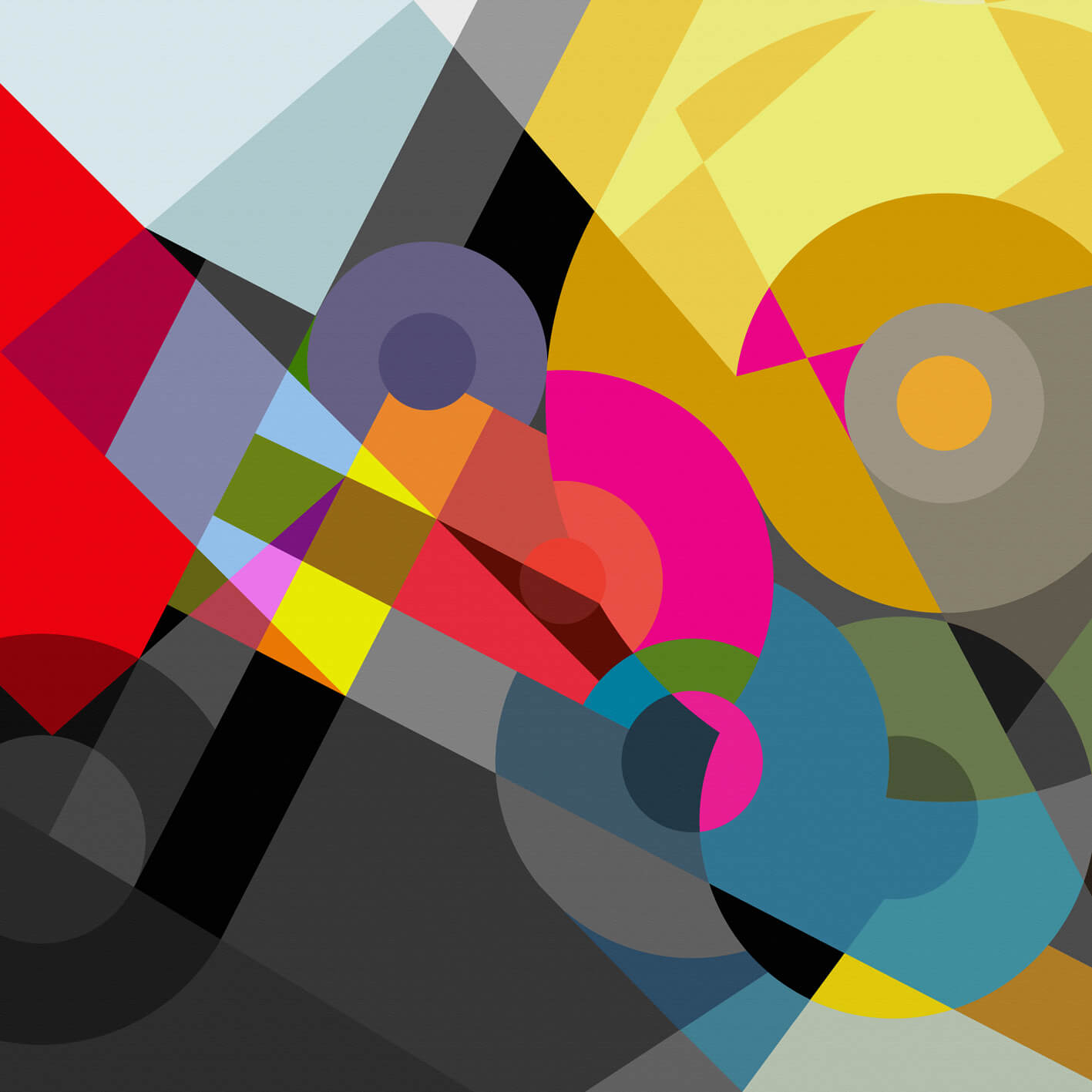
© Jasmina Krajačić
Their initiative for cultural growth, titled Brick Yard, will see these artists present their work in a garden located in Lomnička 1, in a beautiful garden that truly looks like a piece of art itself. Observing art like a plant that, in order to grow, needs to be watered constantly, the collective will showcase their work on July 1 from 5-9 pm.
''The four of us have studios at the same address. It's an old house with quite unusual dimensions and a big garden hiding the view from bypassers. That garden looks like it fell from mars, and it doesn't fit in with the series of new buildings recently built in the neighbourhood, and not a lot of people know about it,'' explained Krajačić, stating that this is the true charm of this project.
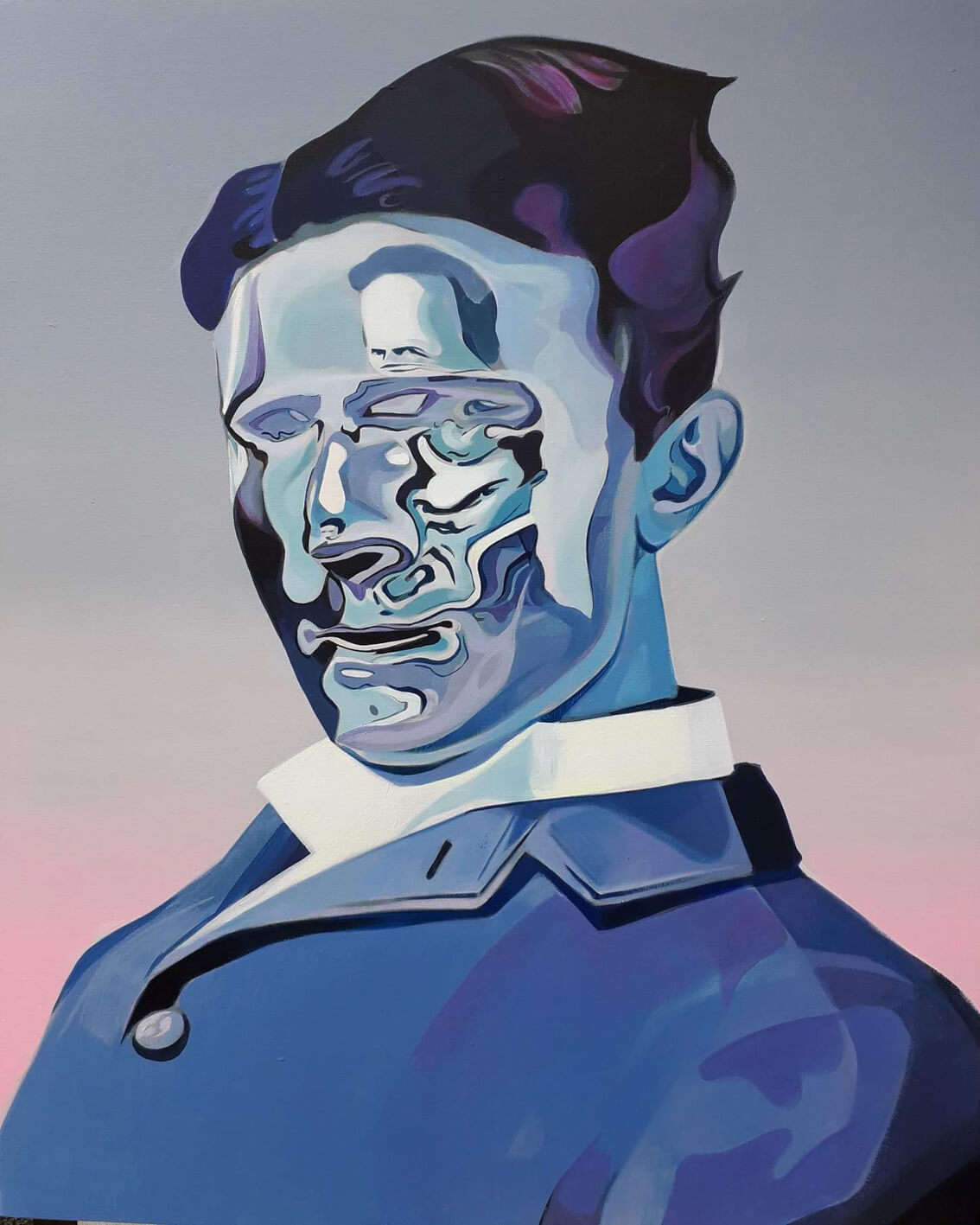
© Mario Romoda
All four artists are renowned names in the world of Croatian contemporary art, and it's interesting to observe different takes on the artistic expressions they have. Romoda is into painting, Krajačić's main focus is geometry and design, Lučić navigates toward drawing and illustrations while Unković is skilled in street art. Echo, reflection, self-therapy, comic strips, and geometry are some of the aspects artists pointed out Brick Yard will feature.
''Since the start of the lockdown, we hung out and worked in that space, killing some time in uncertainty, waiting for the outcome of this whole situation, while also creating new work with our creativity and discipline, which we decided to present in the garden,'' continued Krajačić.
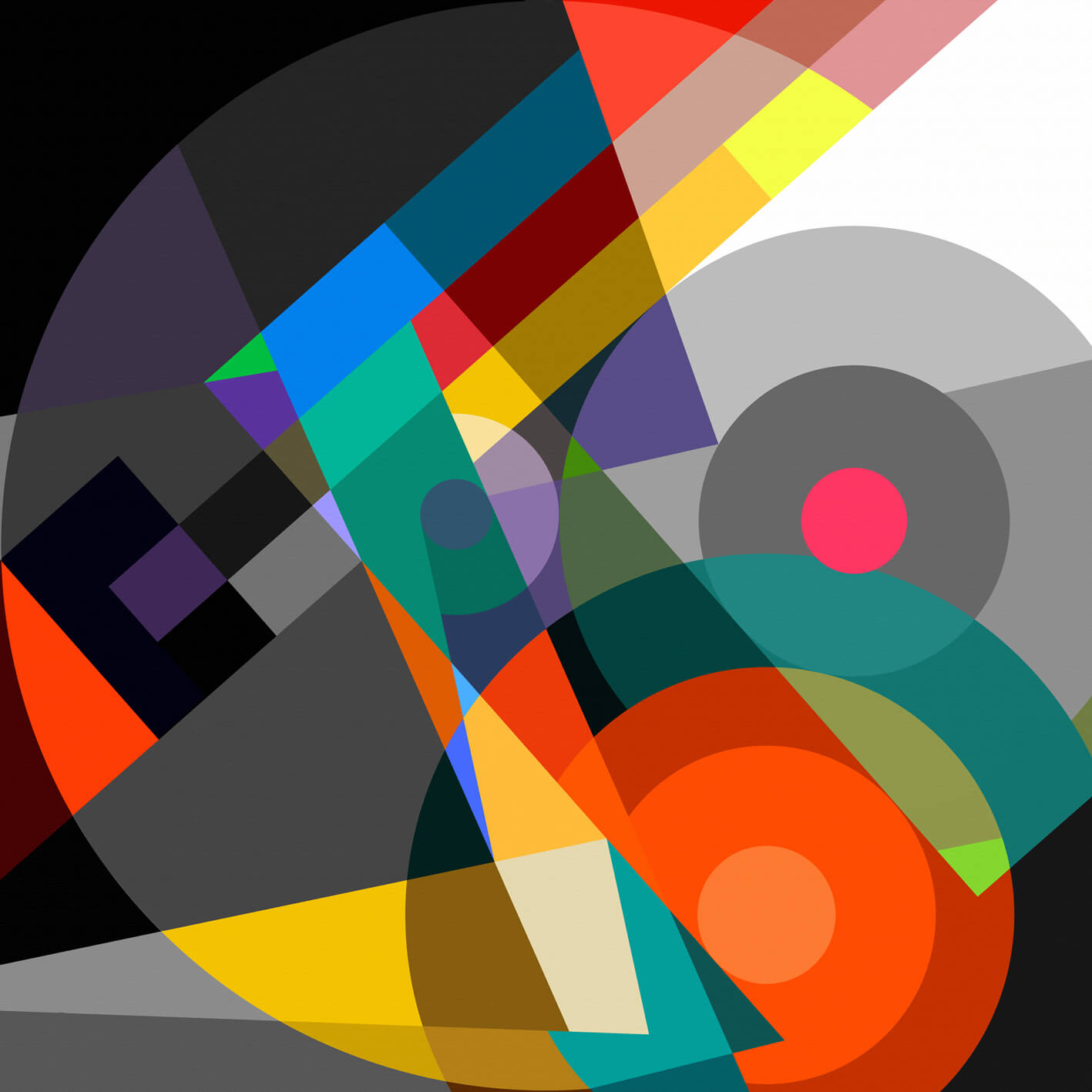
© Jasmina Krajačić
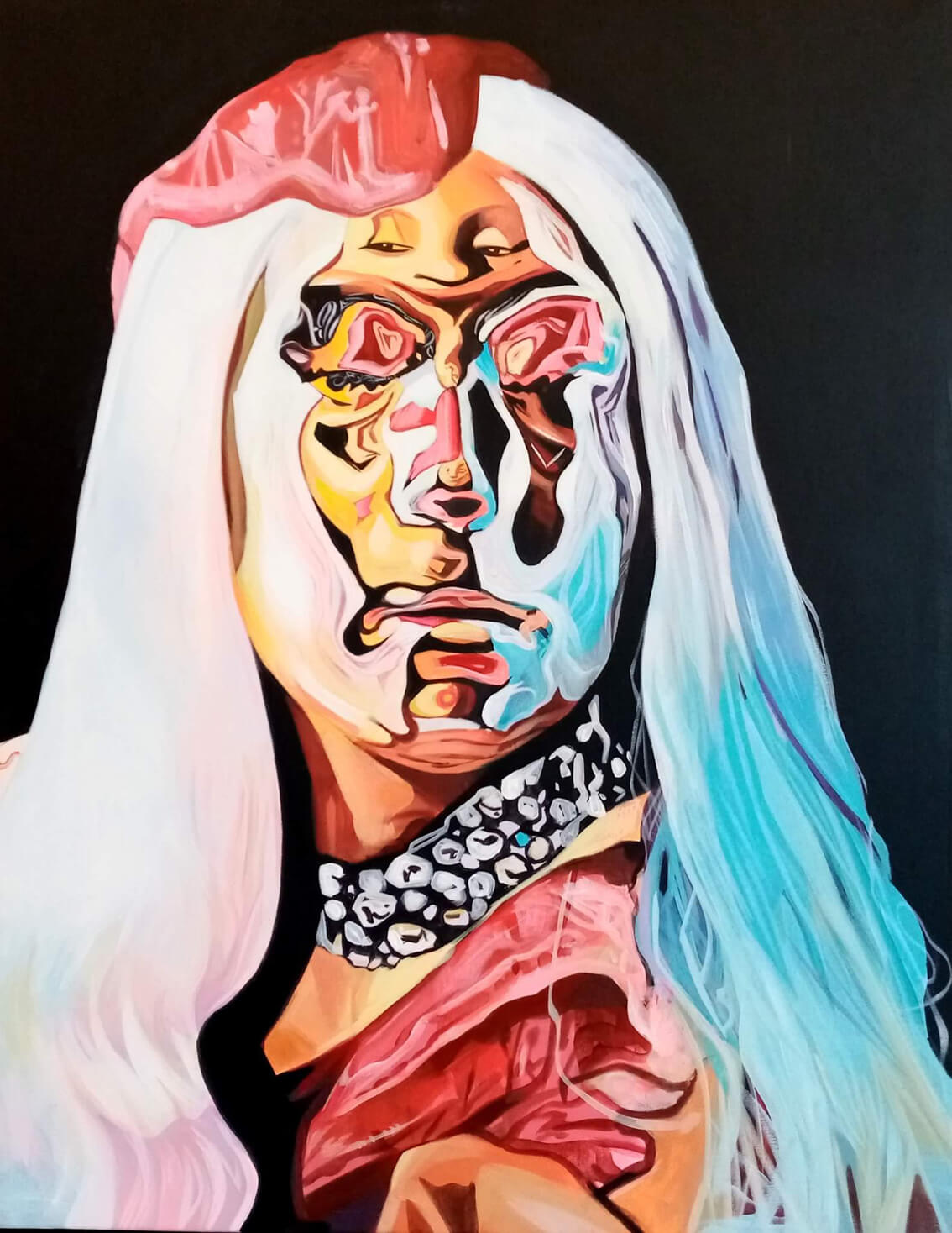
© Mario Romoda
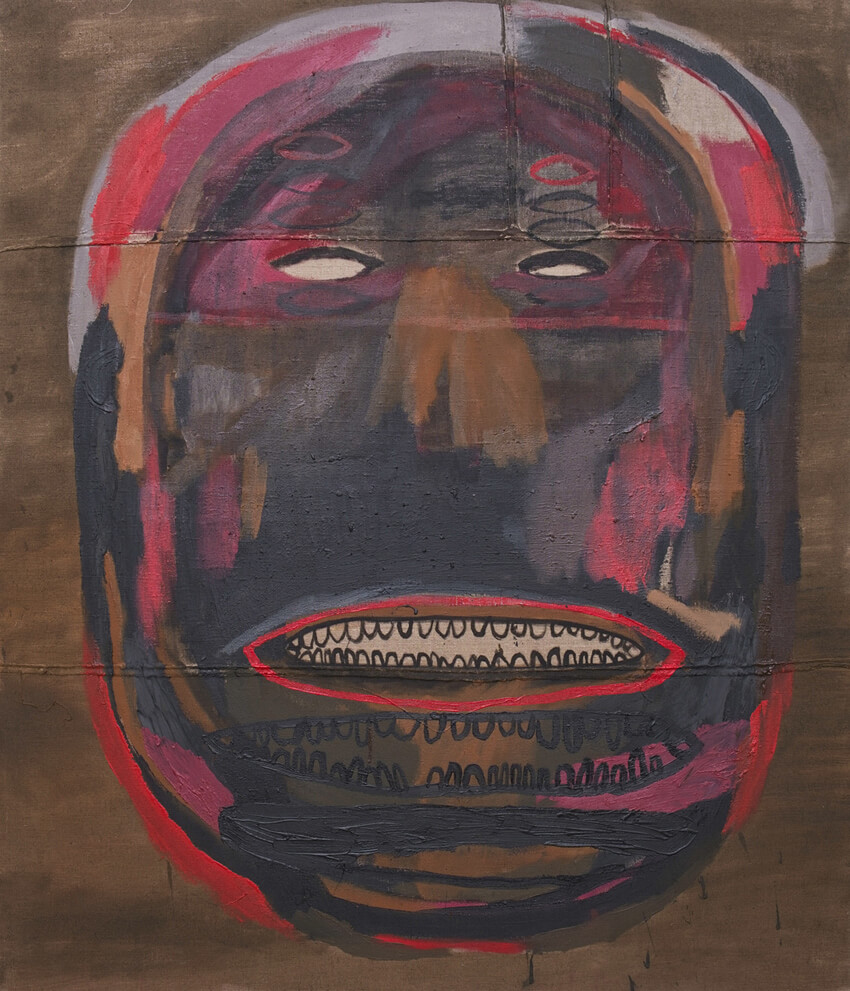
© Zorana Unković
The event, which lay somewhere between an exhibition and a party, saw the artists invite business associates, gallery workers, art critics, and several friends in the hope of ensuring the support the Croatian art scene desperately needs.
''We invited them for an afternoon in an unconventional environment, without big talks and classic gallery protocols,'' pointed out Krajačić, concluding that this type of event is not typical at all on the Croatian art scene. This unusual, experimental event is just as art should be, and the message that the Brick Yard collective differs in expression and stands united in their message is loud and clear.
''Art cannot be stopped as it feeds every atom which thirsty for creative progress. Without it, we're fragile and empty,'' they concluded from Brick Yard.
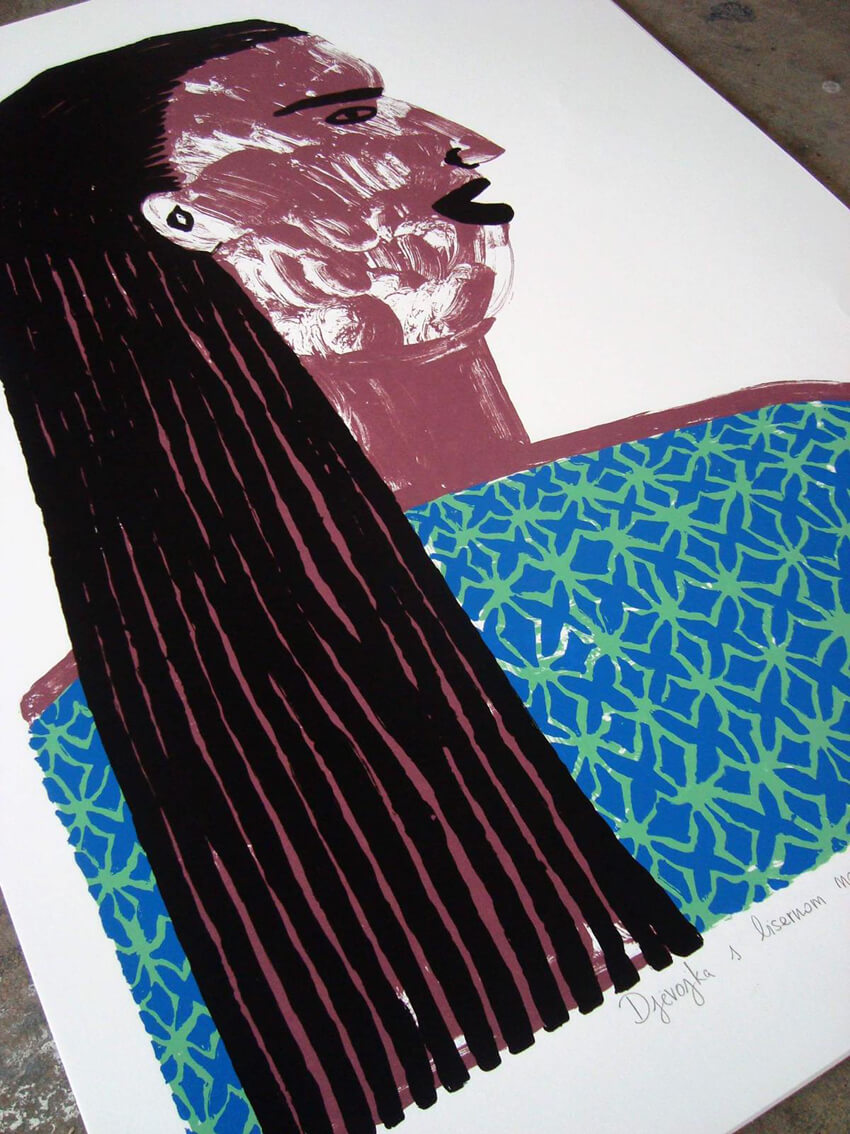
© Apolonija Lučić
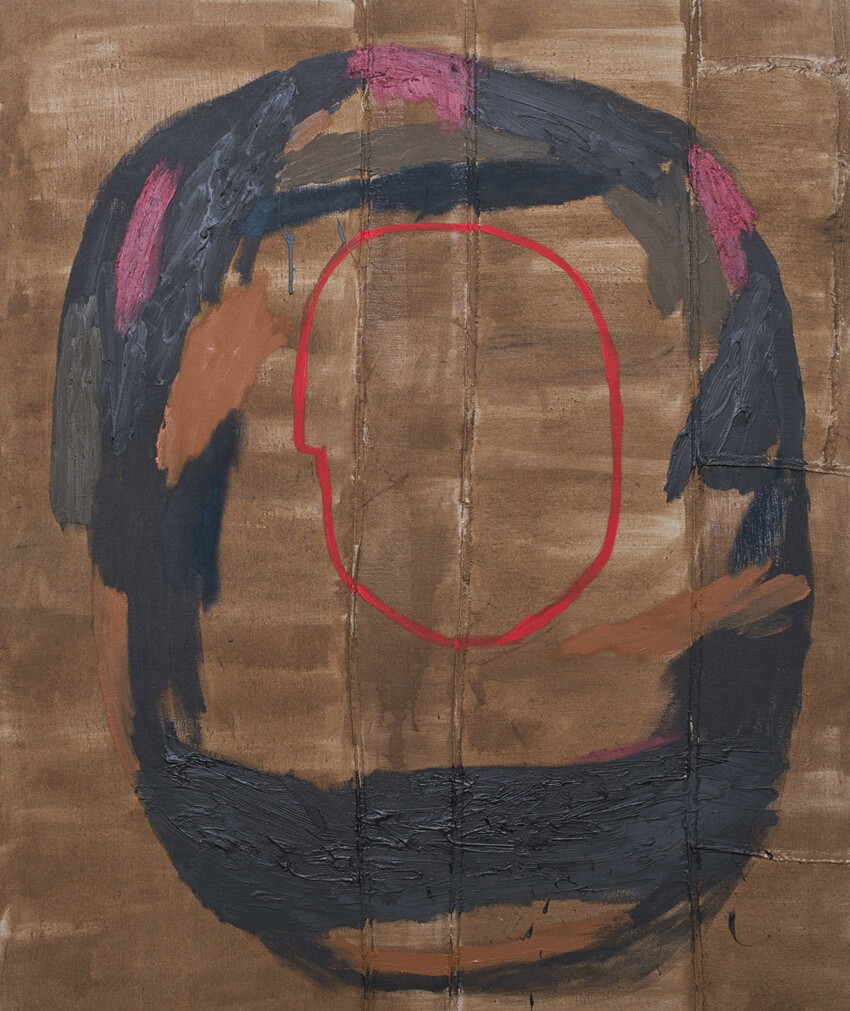
© Zorana Unković
Learn more about Croatian Art Galleries in Zagreb, Dalmatia, Istria & Slavonia on our TC page.
For more about art in Croatia, follow TCN's dedicated page
Croatia Sued by European Human Rights Court in Strasbourg for Coronavirus Lockdown Measures
June 2, 2021 – One Croatian man is suing Croatia through the European Human Rights Court for the lockdown measures imposed last year.
The last 15 months were difficult for many people around the world. COVID19 related lockdowns and restrictions made life less than enjoyable for the majority of the population. It wasn't easy living with the fear of the virus and the potential effects of the disease it causes. Lack of socialisation, financial problems and spending long periods of time indoors were perhaps even worse. Taking all this into account, it is easy to understand how the situation frustrated many. Some even decided to sue their governments for a breach of human rights.
The Case
Telegram.hr reports a gentleman from Croatia is suing the government for restrictive measures implemented last year. He started the lawsuit back in April of 2020. Measures that restricted travel outside of the area of residence and those prohibiting gatherings in groups larger than five persons are the ones he has the most problems with. According to him, these measures encroached on his civil rights and prevented him from practicing his religion. European Convention on Human Rights protects civil and religious freedoms. European institutions take this document very seriously. This is why Croatian representatives with the European Court of Human Rights will have to speak on behalf of the Croatian government and respond to the accusations.
Croatian Constitutional Court already confirmed all the decisions made during the COVID19 pandemic were justified and were not unconstitutional. According to them, these measures were important in preventing large-scale epidemics and minimising human casualties. Still, not everyone is convinced of the legitimacy of these decisions. Croatia is not the only country where governments are being sued for civil rights infringement. COVID19 might continue causing damages to national governments way after the pandemic subsides. The unprecedented situation the world found itself in called for immediate action. What will be the long-term effects of these decisions, we are still to discover.
For more about Covid-19 in Croatia, follow TCN's dedicated page.
For more about politics in Croatia, follow TCN's dedicated page.
Total Lockdown in Croatia Last Possible Option, Says Health Minister Beros
December 13, 2020 - Minister of Health Vili Beros spoke on HRT about a total lockdown in Croatia, the new measures, the current epidemiological situation, and the beginning of vaccination.
Asked if he felt responsible because, according to the European Center for Disease Prevention and Control (ECDC), Croatia is the worst in terms of the number of active COVID-19 cases per 100,000 inhabitants, he said:
"Of course, I feel responsible. However, this is a multidimensional, complex crisis, and there are no unambiguous solutions and answers. The only thing that is possible in the given circumstances is to monitor the epidemiological situation from day to day, to monitor all those elements that clearly describe it - the number of newly infected, their distribution, appearance, and based on these elements to prescribe measures," Beros said.
He also added that two weeks is not a big enough period of time to indicate a trend. He also reminded that it took France six weeks after the national lockdown to stabilize the situation. But even after that, they have upward trends again. He believes that four to five weeks should pass after the measures are introduced, assuming that people adhere to them.
He claims that a full lockdown in Croatia is the final option and believes it will not happen.
"We have seen in the example of the neighboring countries what a hard lockdown brings. It is not a good thing. So we need to find a coexistence model in the circumstances of the new normal; we must enable certain economic activities while reducing everything we can reduce. And that is exactly what we are working on; we are trying to balance the measures. It would be easiest to introduce the toughest lockdown and close everything. But that is not realistic, especially since we do not know how long this situation will last," Beros said.
The health minister said that at the moment, it is not very certain that a ban on inter-county travel will be introduced around December 21, although they are discussing it as well. However, this will be introduced if the epidemiological situation is such that it requires a similar way of organizing work.
"Personally, I don't think that will happen. But, if the epidemiological situation is not adequate, we will consider similar measures. Of course, taking into account the working circumstances, i.e., exceptions that would enable work processes," he said.
Emphasizing the importance of antigen tests, Beros said that Croatia procures significant quantities of these tests and will increase their number in hotspots where there are many newly infected.
Stating that the Croatian Institute of Public Health will conduct a national campaign to promote vaccination, Beros warned that - for vaccination to be effective - a large part of the population must be vaccinated. He pointed out that if, for example, less than 70 percent of the population is vaccinated, this will not guarantee significant prevention of the spread of the infection.
Beros also said that introducing a "COVID card" is not being considered at the moment. Still, if the virus continues to cause such severe clinical pictures after spring or summer - that is not ruled out either.
To read more about coronavirus in Croatia, follow TCN's dedicated page.


